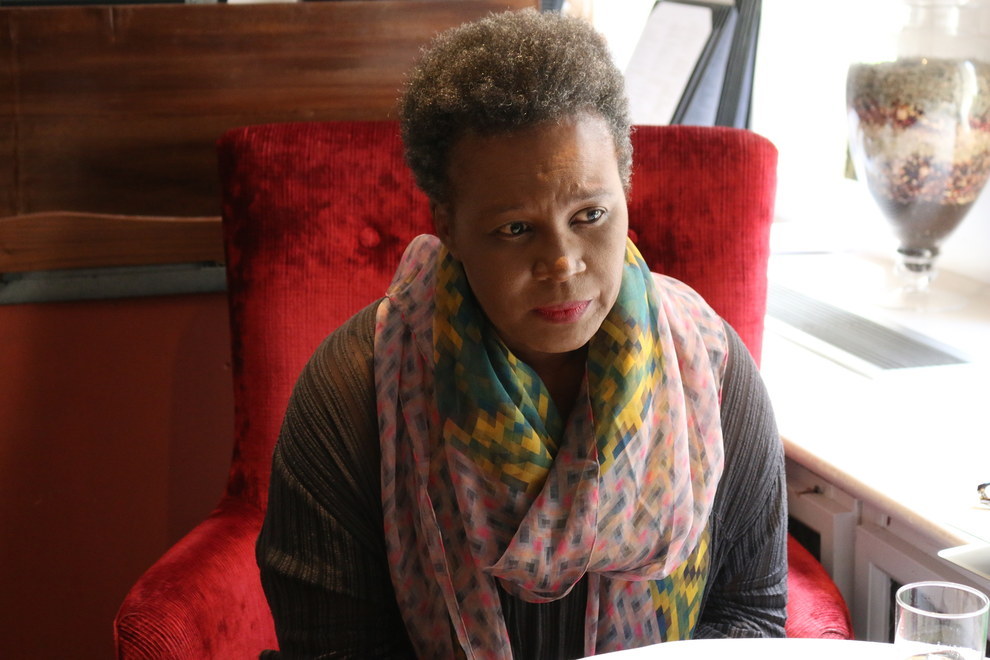

You think maybe this is an experiment and you are being tested or retroactively insulted” (10) and later, “when the woman with multiple degrees says, I didn’t know black women could get cancer, instinctively you take two steps back” (45).

She writes, “he tells you his dean is making him hire a person of color when there are so many great writers out there. Rankine makes clear that this inequity is relentless, and invades even those institutions that are meant to offer hope in the face of racial ignorance, e.g. The process of reading becomes the process of experiencing the constant negation of blackness in the US whether Rankine describes a casual n-word overheard in Starbucks or the vilification of Serena Williams as “angry black woman” in the US Open, her poetically told stories illustrate the pervasiveness of white privilege and the corresponding oppression of black bodies. Much of the first half of the book maintains this storytelling structure, the subject “you” - the reader, regardless of race, an object of white indifference or ignorance. … she tells you you smell good and have features more like a white person” (5). Philip and James School on White Plains Road and the girl sitting in the seat behind you asks you to lean to the right during exams so she can copy what you have written. From the beginning of the book, the reader is involved in the text through Rankine’s use of the second-person “you,” making the personal universal: “You are twelve attending Sts. But that is what makes Rankine’s work beautiful, tragic, profound: in describing African American experience, Rankine strives not to “make it new” (as the modernists would have it), but to make it legible - to articulate the contradictory state of invisibility and hypervisibility, of aggressions and microaggressions, that black citizens endure daily in a society that continues to position them as “other.” In this sense Rankine treads familiar territory (after all, one can hardly claim that racial injustice is a new phenomenon in the US) in an unfamiliar way, letting form reflect content such that a reader can feel the psychological toll of black citizenship in this country, a country built upon the historical exploitation of black bodies.Ĭitizen is structured as a collection of lived experiences - whether the author’s, or those of her friends or fellow black Americans, is unclear and perhaps unimportant - interspersed with postcolonial theory, excerpts from the news and pop culture, and artwork. The subject matter in Claudia Rankine’s hybrid prose-poetry book Citizen is nothing new.


ON CITIZEN: AN AMERICAN LYRIC BY CLAUDIA RANKINE


 0 kommentar(er)
0 kommentar(er)
